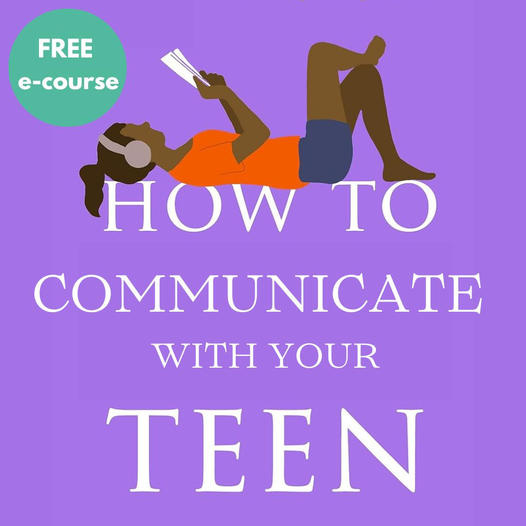The hardest - but most impactful - thing you can do as a parent
...especially when your child's behaviour is difficult.
As my children got older it became apparent to me that no amount of parenting ‘quick fix’ tips or tricks, practiced phrases to recite, or role playing actually made much of a difference. In fact, the more I tried to parent to instructions the harder it became. The more desperate I was for things to be easier, the more we struggled, and I found myself in a place I don’t ever want to visit again. It was when I was at rock bottom however that I had a revelation; I had to ‘be the adult’.
When you’re wrung out and struggling with your child’s ‘attitude’, behaviour, rudeness or defiance it is so easy to regress in your emotional intelligence. The more stressed we are the snappier we become. We are prone to dishing out all manner of consequences and saying things we will later regret. The trouble is, we can all too easily get stuck in this cycle and the more we behave like a child emotionally, the worse our child’s behaviour will get.
If we want to change things (including our children’s tricky behaviour) we have to ‘be the adult’. We have to take a deep breath and remind ourselves “I’m the adult here. I have the mature brain. I need to utilise it”.
Very often I’m asked questions about how parents can “get their child to” do something, or “make their child” do something (often with the suffix ‘gently’). The very best response I can give here is to ‘be the adult’. Ask yourself what you can do as the grown up to change the situation? How can you avoid reaching the difficult pinnacle that it’s so hard to come down from
? How can you take control of things so that everybody’s emotions are de-escalated (including your own)?
Focusing on ‘being the adult’ I think is the simplest and most effective parenting tip I can give anybody, but oh my is it hard! You see we were often raised by adults who exhibited child-like behaviour and emotions and we are conditioned to slip into that state ourselves. Society tells us we should be deeply offended by our child’s rudeness and lack of respect, which can once again cause us to take a detour from adulthood. Ultimately though, however hard it is, ‘being the adult’ is the most impactful thing you can do, whatever issue you are facing.
I thought I’d leave you with a little excerpt from my new book ‘How to Raise a Teen’, which focuses a lot on the concept of ‘being the adult’. This one is an acronym, to help you to embody the idea. While the book focuses on 13-21yr olds, the acronym applies to any age:
Be the adult
Believe in them, especially when nobody else does.
Encourage them, but don’t push.
Tame your own emotions, so you can help them to tame theirs.
Heal triggers from your past, so you are not repeating cycles of harsh discipline.
Empathise with them – because understanding their feelings changes everything.
Awareness of attachment and its importance, to remind you that connection is key.
Developmental awareness, with realistic expectations of your young person.
Unconditional love, the foundation of Maslow’s pyramid.
Listen to them; remember: ‘two ears, one mouth’.
Trustworthy and reliable – if you want your young person to act this way, you have to model it.
I hope this idea helps you. If you’d like more help for gentle parenting through adolescence and early adulthood, 'How to Raise a Teen’ is out in 4 weeks.
FREE PREORDER BONUS REMINDER
Order the book before the end of July 3rd and email me a screenshot of your receipt to sarah@sarahockwell-smith.com and I'll send you a link to my free 'how to communicate with your teen' e-course after publication. It doesn't matter where you live in the world, or what format you buy, it's my gift to say 'thank you' for preordering! Find a pre-order stockist HERE.





My mantra has become, "Maintain my zen." When I can truly stay zen in my core, I can act and speak with the child from an emotionally intelligent place.
I found the book "The Explosive Child" super helpful. This is good for kids who are truly explosive or not. There's a lot of examples of good dialogue to have with your child when they overreact, have an attitude, and provides a different perspective to look at their behavior. Thus, helping you to stay more calm and collected.